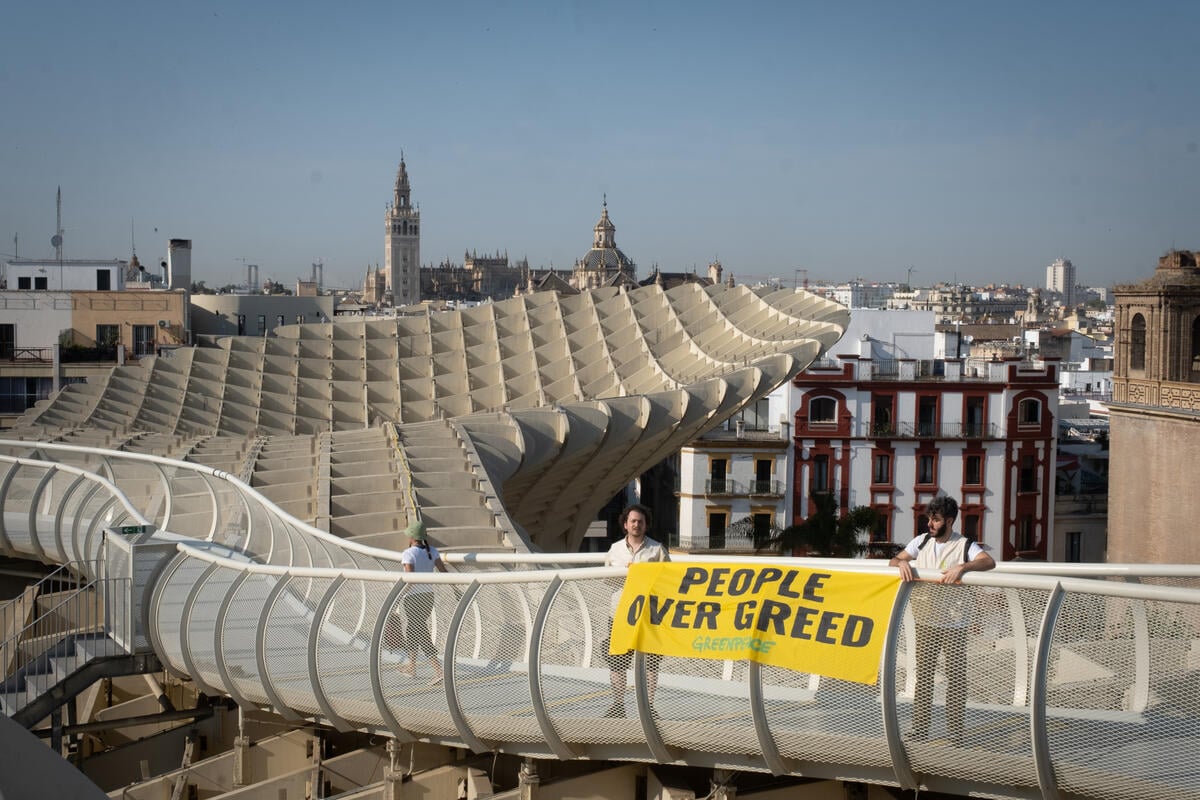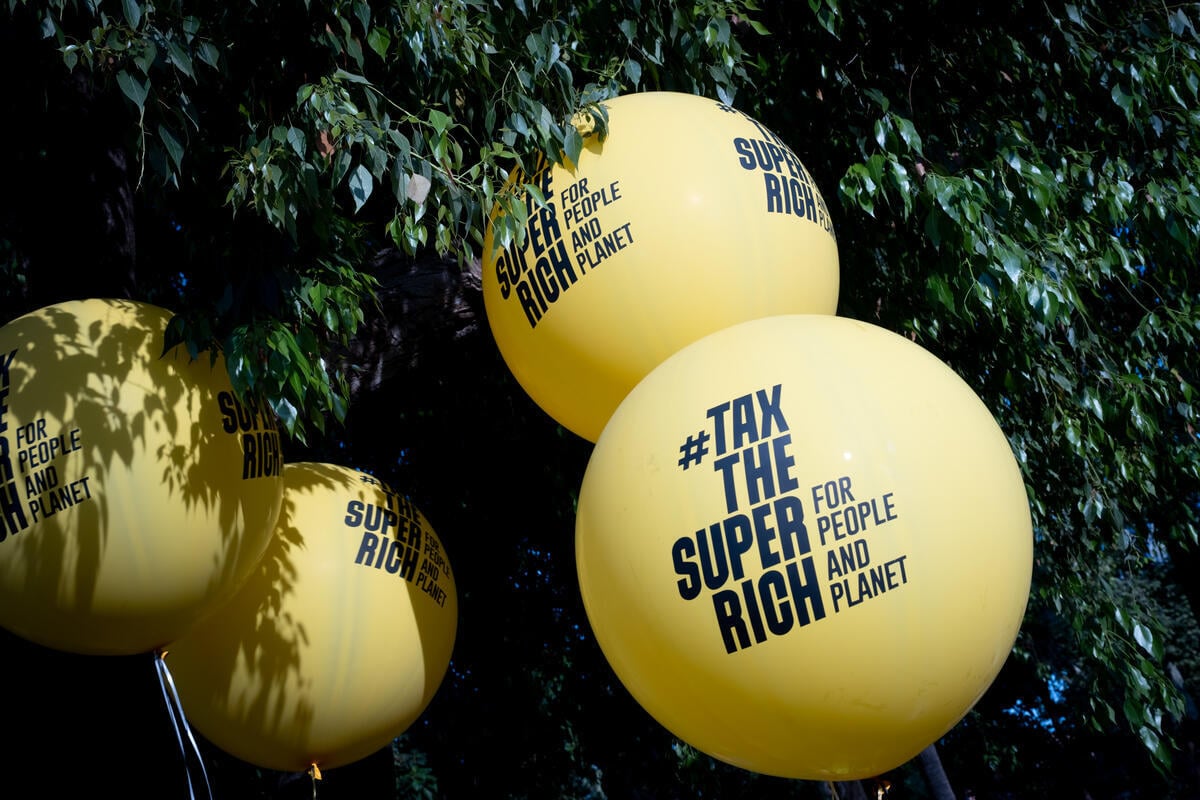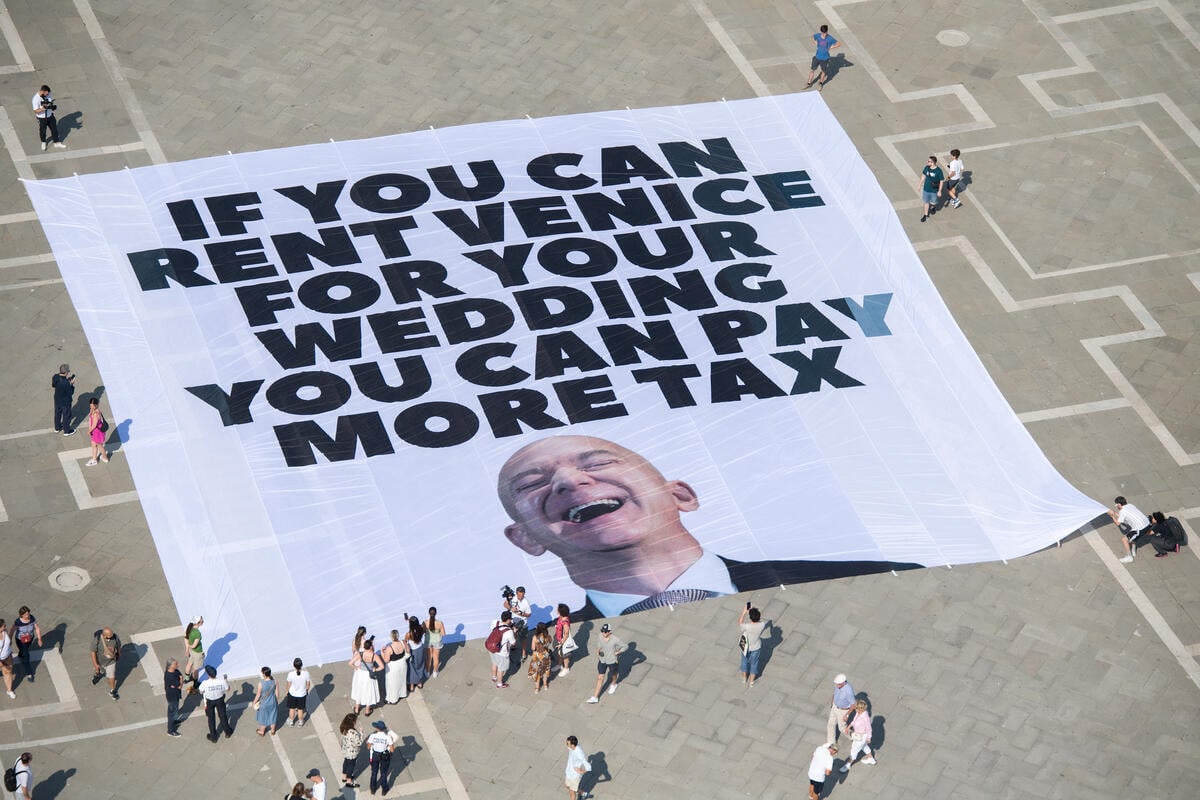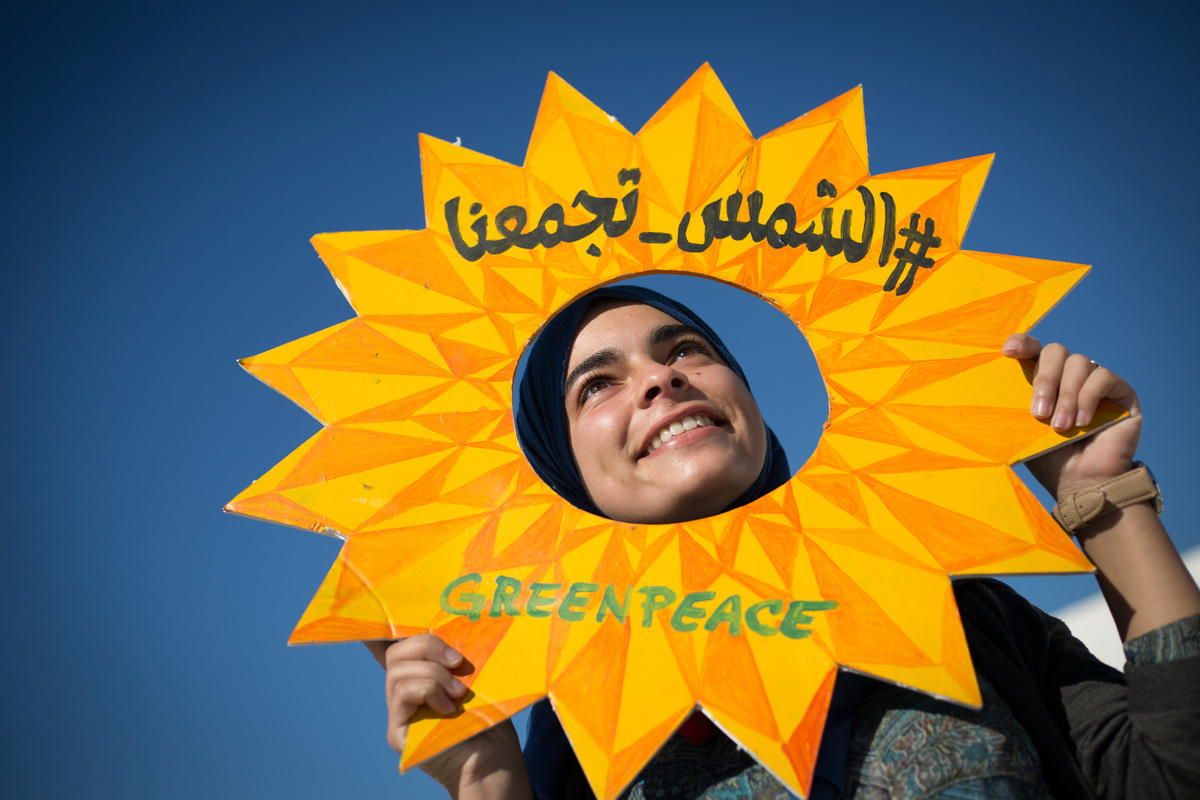
Is there an underlying link between gender inequality and other major crises such as global warming, ecosystem destruction, conflict, and wars? Yes, the fact that governments around the world are influenced by powerful interest groups.
These groups are advocating for increased subsidies and support to grow industrial or economic activities that create massive profits for themselves, at the expense of the livelihoods of the global majority and the living world. The more profit they accumulate, the more power and influence over decision-making they have, causing an unbroken circle of lobbying and greenwashing.
How is this impacting women?
Not only are women disproportionately affected, but the focus on infinite economic growth, which is patriarchal in essence, depends on the exploitation and undervaluing of women’s labour.
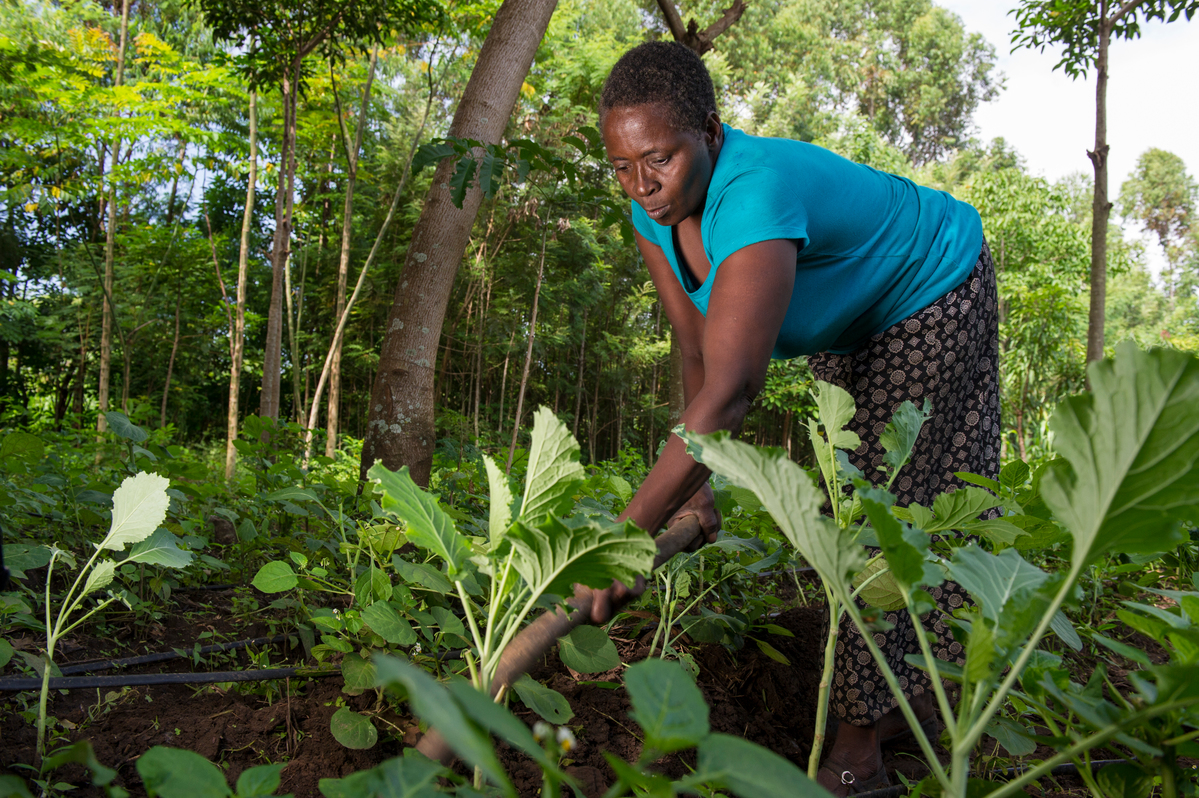
The pursuit of ceaseless growth is plundering common resources, and this particularly impacts women, girls, and non-binary people. This is evident in countries that specialise in export-oriented sectors, for example, those at the bottom of global value chains, which are often subjected to pressure for high productivity and low production costs. This usually results in women being trapped in low-wage and precarious work. Meanwhile, free trade and privatisation measures allow corporations to profit from this structural inequality and power dynamic.
Women are overall devalued in the labour market and in their critical contribution to the global economy: be it with lower wages when compared with men, or with the invisibility of the unpaid care work they perform in their homes, which is so essential to keep the engine of capitalism going.
We all value wellbeing, but this system does not
Caring for the family, community, or nature is vital for life. However, governments don’t take it into account when measuring economic activity. Compared to men, women spend nearly three times as much of their day on care work and yet the economics of this contribution is unpaid, unrecognised and undervalued. As a result women are denied further social security benefits, which is worsened when austerity and privatisation measures are in place.
If women’s unpaid work were assigned a monetary value, it would exceed up to 40 per cent of GDP in some countries based on conservative estimates. That means care work, mainly done by women, actually contributes more to the economy than many other sectors. However, the irony is that the things that are beneficial for people and the planet are undervalued, unsupported, and under-promoted, while harmful practices such as overconsumption and extractivism are treasured.
Is there a feasible solution? (spoiler alert: yes, there is!)
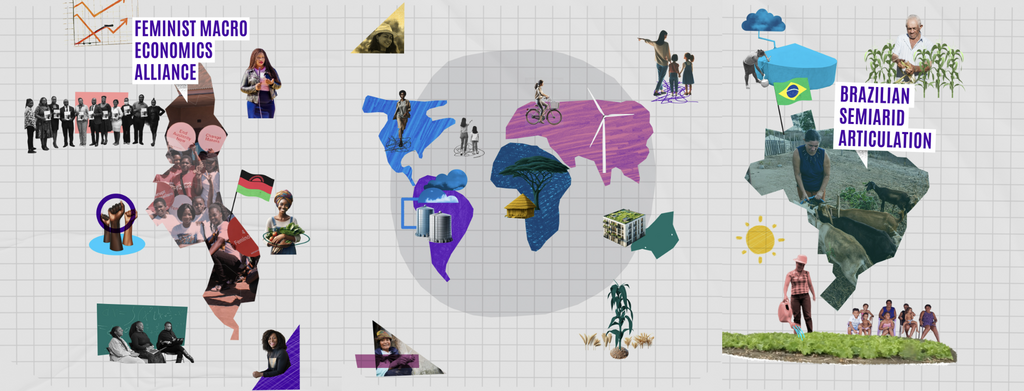
The answer to the mess we’re in lies in changing priorities. Instead of profit and infinite growth, our economies must prioritise the wellbeing of the planet and the people, starting from those historically impacted, such as women, girls, and non-binary people. Prioritising wellbeing means putting it at the very heart of economy so that its purpose is to fulfil the fundamental needs of people within the boundaries of nature.
Yes, it still may sound overwhelmingly difficult, but there are numerous existing cases from local initiatives to political and economic reforms, driven by a welfare focus – that are already in practice around the world. Hence, the lack of alternatives can no longer be an excuse for governments.
What would a concrete wellbeing reform look like? Let’s take taxation as an example. In most cases, it is not progressive and gender-responsive, meaning that the money collected and the way governments spend it can disproportionately impact women, and taxation policies often fail to address this issue.
This could be fixed, for instance, with progressive taxation (of wealthy individuals, corporations, etc.) to fund public goods (environmental protection, education, health, etc.) paired with gender budgeting, by ensuring that tax revenues promote gender equality in the way they are raised and spent. Tax laws should be reformed to ensure they do not discriminate against women, giving them an equal say in how public money is spent.
Likewise, ending all forms of tax law that discriminate against women, including joint or household taxes, large subsidies to support women to concentrate on unpaid work in the home and in small businesses, and informal or ad hoc taxes on women in market or self-employment businesses.
What’s next? Two key opportunities in 2024
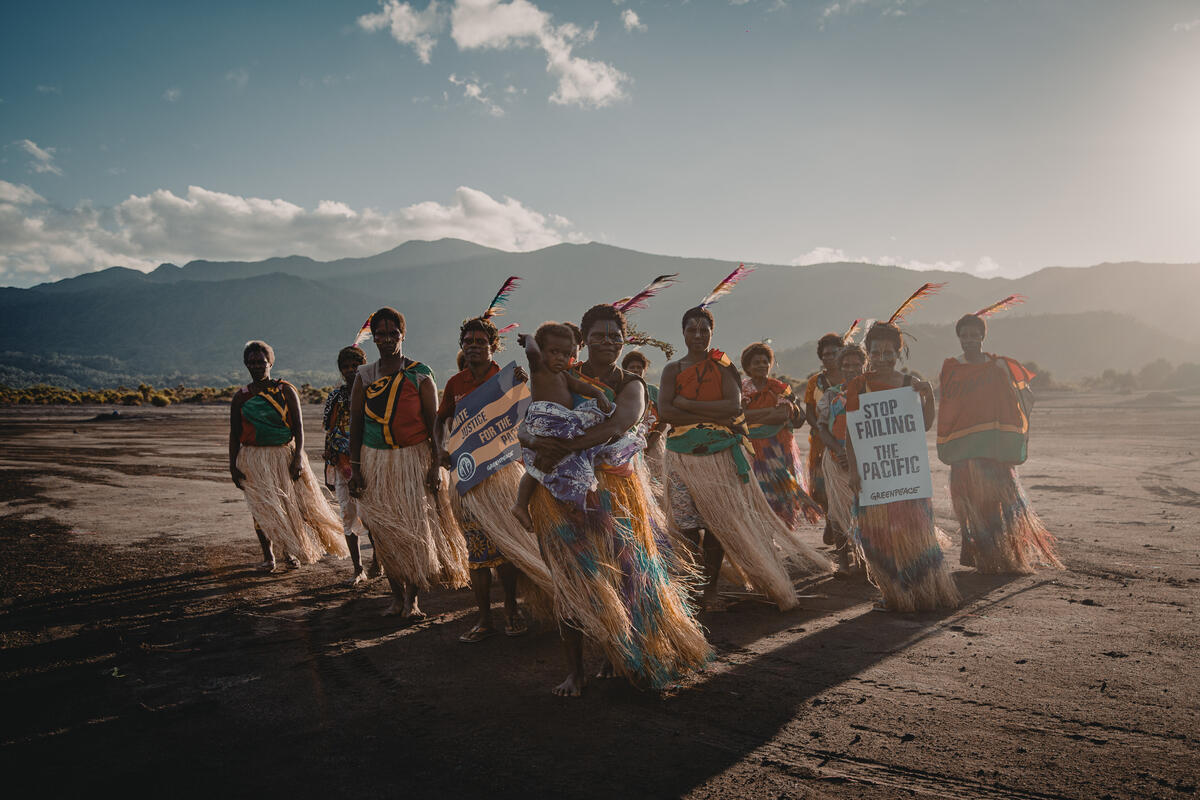
Although the required wellbeing reforms may differ across regions, especially between rich industrialised countries and the majority world, our essential human needs remain the same. It’s not rocket science – it’s a political choice so our role is to make sure politicians listen to our needs and make the right choices. 2024 brings two significant moments for this:
- In September the UN Summit of the Future will take place, building on Our Common Agenda that puts forward relevant proposals, such as the adoption of a framework with metrics that go beyond GDP with the purpose of fostering wellbeing.
- In November, the Terms of Reference for the UN framework convention on international tax cooperation will be adopted. It will suggest changes of the global tax rules that will move power from the rich OECD countries, who have been leading the decision-making on global tax governance rules, to the UN, a forum that holds more legitimacy for ensuring a democratic and inclusive process.
Both of these processes are a key opportunity for the global majority to tackle gender inequality and other major crises, by pushing wellbeing to the core of the system.
Let’s send a clear and loud message urging leaders to rethink what’s really valuable, so that financial structures, economic rules and the ways we measure economic activity steer towards what counts for the many rather than profit for a few.
Visit the interactive map of alternatives and spread the word!
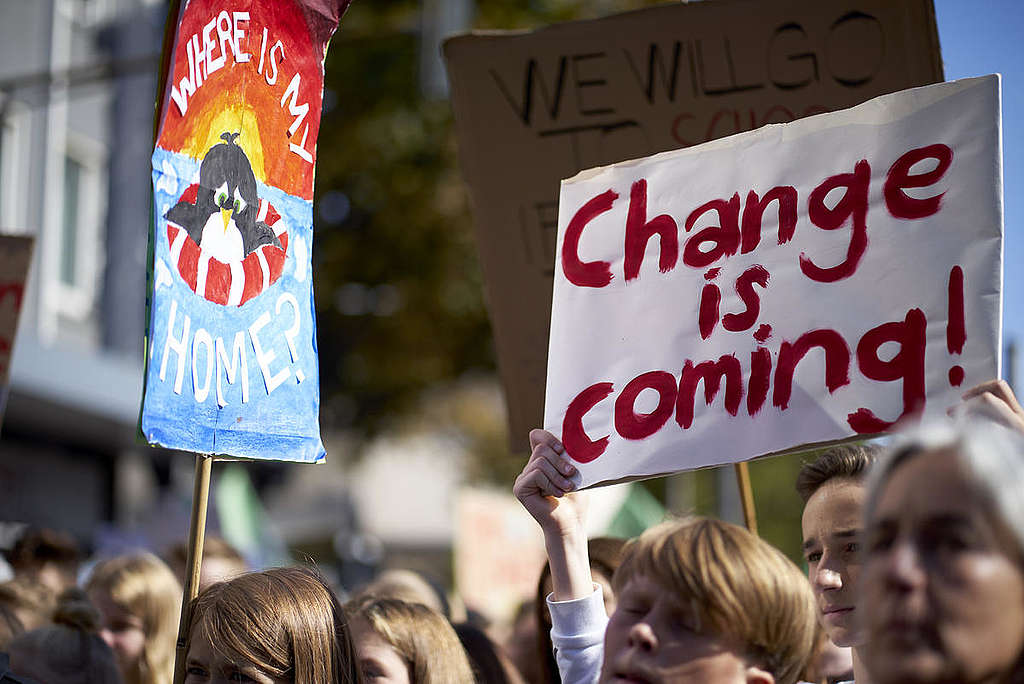
Challenge the idea that there is only one economic model that all countries must follow.
Learn moreIsadora Wronski is the co-lead of the Wellbeing Economy project, Marília Monteiro Silva is a Senior Campaign Strategist and Camilo Sanchez is a Communications Strategist with the Alternative Futures team, all with Greenpeace International.

